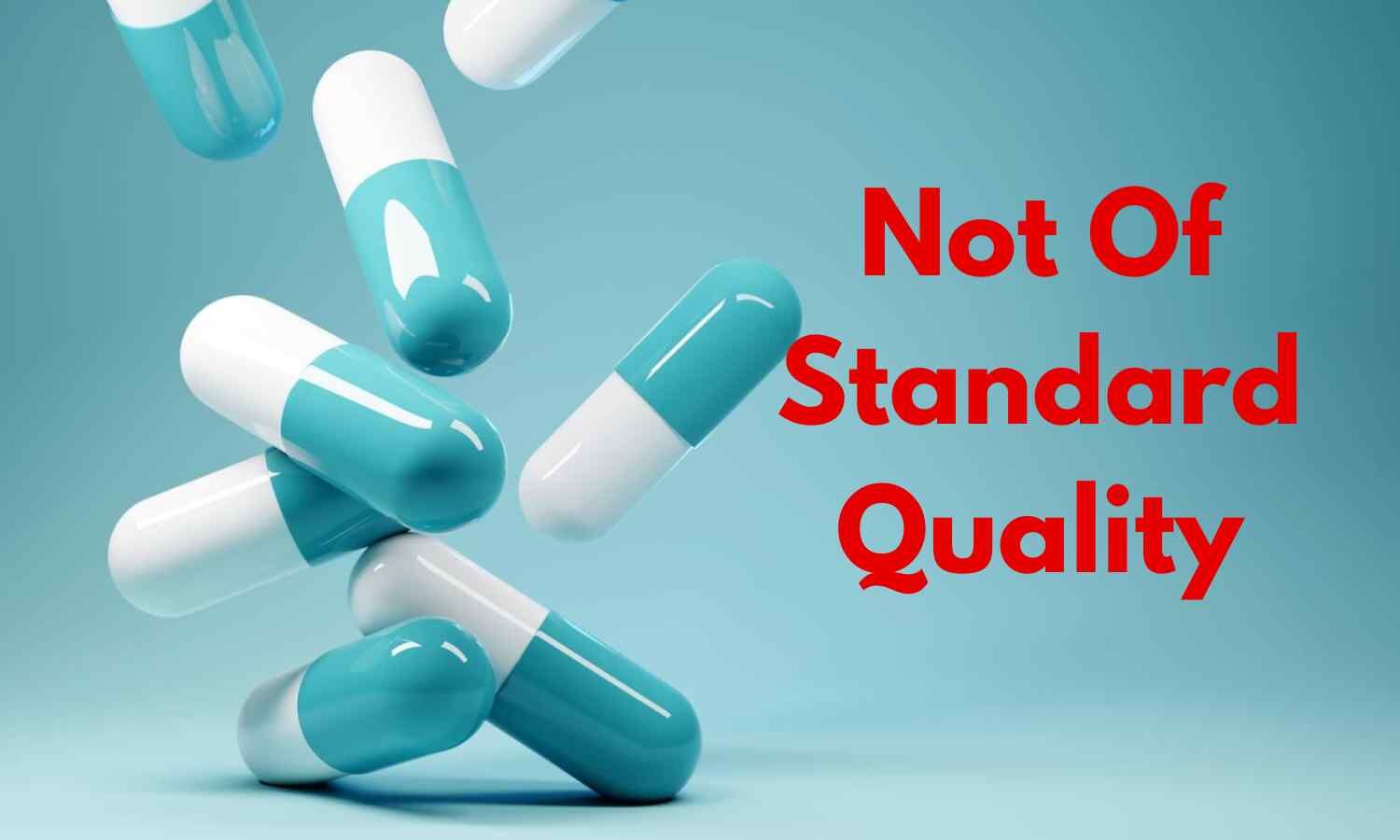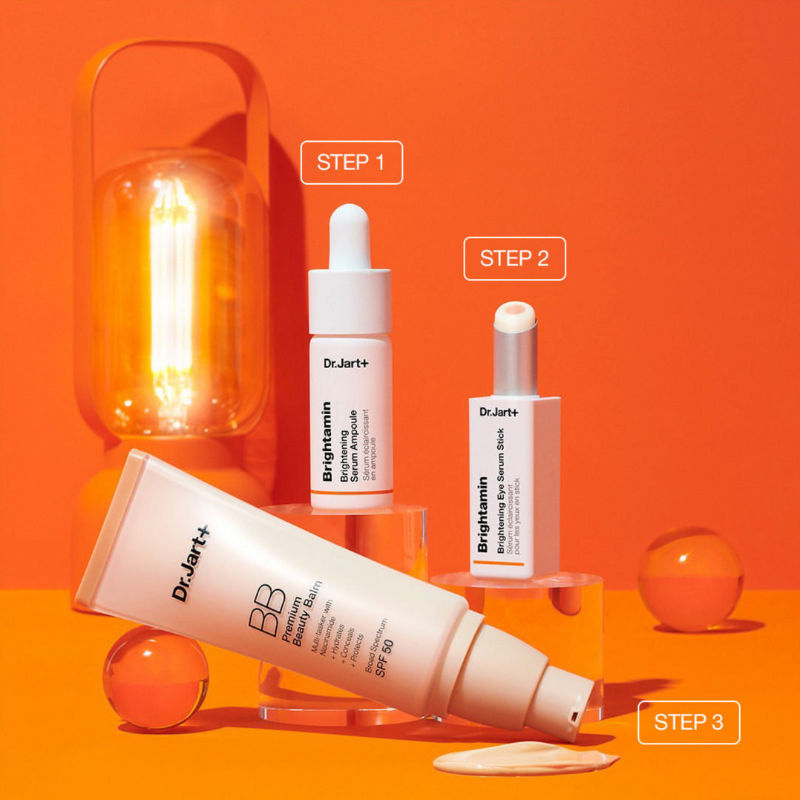Summary
Reflecting ongoing concerns around drug quality in India’s pharmaceutical supply chain, the Central Drugs Standard Control Organisation (CDSCO) has flagged 130 drug samples as Not
Source: Medical Dialogues

AI News Q&A (Free Content)
Q1: What is the role of the Central Drugs Standard Control Organisation (CDSCO) in India's pharmaceutical industry?
A1: The Central Drugs Standard Control Organisation (CDSCO) acts as India's national regulatory authority for pharmaceuticals, medical devices, and cosmetics, akin to the FDA in the United States. It is responsible for setting standards, approving drug licenses, and conducting inspections and surveillance to ensure drug safety and quality. With its headquarters under the Ministry of Health and Family Welfare, CDSCO oversees drug recalls and ensures compliance with regulatory standards.
Q2: What recent issues have been highlighted concerning drug quality in India?
A2: In June 2023, the CDSCO flagged 130 drug samples as not meeting standard quality requirements, reflecting ongoing quality control challenges within India's pharmaceutical supply chain. This incident underscores the need for stringent quality checks and regulatory oversight to prevent substandard drugs from reaching consumers.
Q3: What are the common allergens found in cosmetics, and what impact do they have on consumers?
A3: Common allergens in cosmetics include fragrances, preservatives like parabens, and certain dyes. These ingredients can cause allergic reactions ranging from mild irritations to severe dermatitis. Scientific studies emphasize the importance of consumers being aware of these potential allergens and opting for hypoallergenic or organic products to minimize adverse reactions.
Q4: How do synthetic cosmetic ingredients affect health according to recent scientific research?
A4: Recent studies highlight that synthetic ingredients in cosmetics can lead to health issues such as allergic reactions, hormone disruption, and skin irritation. Research published in scientific journals advocates for the use of natural and organic ingredients to reduce these health risks, urging consumers to be cautious about the products they choose.
Q5: What advancements are being made to predict the halal status of cosmetic products?
A5: Innovations in machine learning have led to the development of frameworks like HaCKG, which use knowledge graphs to predict the halal status of cosmetics. This technology models relationships between ingredients to assess cultural and religious appropriateness, assisting consumers in making informed choices about halal cosmetic products.
Q6: What is the significance of donkey milk in the cosmetics industry?
A6: Donkey milk is gaining popularity in cosmetics due to its unique nutritional profile, including high whey protein content and essential vitamins like vitamin C. Its properties offer antioxidant and anti-inflammatory benefits, making it a valuable ingredient in skincare formulations aimed at nourishing and protecting the skin.
Q7: What are the challenges facing the cosmetic industry in ensuring product safety and quality?
A7: The cosmetic industry faces challenges such as ensuring ingredient safety, managing consumer allergies, and adhering to regulatory standards. Continuous research and development are crucial in formulating safer products. The industry must also address consumer demand for transparency and sustainability in product sourcing and manufacturing processes.
References:
- Central Drugs Standard Control Organisation
- Nutritional Composition and Biological Activities of Donkey Milk: A Narrative Review
- Nutritional Composition and Biological Activities of Donkey Milk: A Narrative Review
- Innate and Adaptive Immune Responses to Clinical Hyaluronic Acid Fillers
- Innate and Adaptive Immune Responses to Clinical Hyaluronic Acid Fillers
- Halal or Not: Knowledge Graph Completion for Predicting Cultural Appropriateness of Daily Products
- Halal or Not: Knowledge Graph Completion for Predicting Cultural Appropriateness of Daily Products
- Molecular Weight Dependent Structure and Polymer Density of the Exopolysaccharide Levan
- Molecular Weight Dependent Structure and Polymer Density of the Exopolysaccharide Levan
- Cosmetic surgeries on knots in homology spheres and the Casson--Walker invariant
- Cosmetic surgeries on knots in homology spheres and the Casson--Walker invariant





